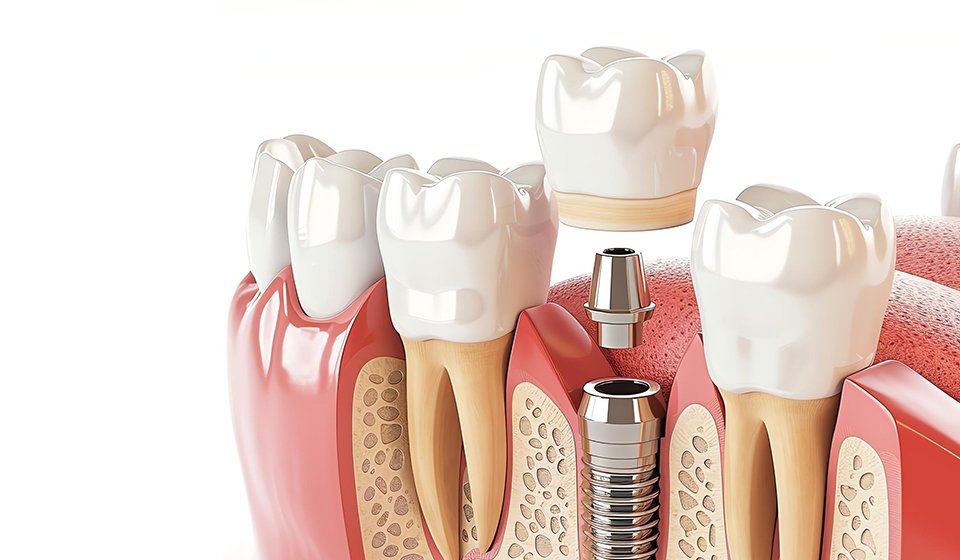Sleep apnea is a common yet often misunderstood condition that affects millions of people across the globe. For many individuals living with sleep apnea in Houston, understanding the condition can feel overwhelming due to widespread myths and misinformation. In this blog, we’ll debunk some of the most common myths surrounding sleep apnea and explore the available treatment options to help you take control of your health and quality of life.
Common Myths About Sleep Apnea
Before diving into the treatment options, it’s important to address some of the misconceptions surrounding sleep apnea. By clearing up these myths, you can better understand the condition and take the necessary steps toward treatment.
Myth 1: Only Overweight People Get Sleep Apnea
While obesity is a risk factor for sleep apnea, it’s not the only one. Sleep apnea can affect anyone, regardless of body type, including individuals who are of average weight or even underweight. Other contributing factors include genetics, the shape of the airway, and certain lifestyle habits like smoking or alcohol consumption. Men and older adults are also at higher risk for developing the condition.
Myth 2: Snoring and Sleep Apnea Are the Same Thing
Snoring and sleep apnea are often confused, but they are not the same. Snoring is simply the sound caused by obstructed airflow during sleep and doesn’t necessarily indicate a serious problem. Sleep apnea, on the other hand, involves episodes of airway obstruction that prevent proper breathing, leading to brief awakenings throughout the night. While snoring can be a symptom of sleep apnea, not all people who snore have the condition.
Myth 3: Sleep Apnea Isn’t Dangerous
One of the most dangerous misconceptions is that sleep apnea is a benign condition. In reality, untreated sleep apnea can lead to serious health complications. Sleep apnea not only disrupts your sleep but also increases the strain on your cardiovascular system, which can have long-term effects on your overall health.
Myth 4: CPAP Therapy Is the Only Treatment Option
While CPAP (Continuous Positive Airway Pressure) therapy is one of the most common treatments for sleep apnea, it’s far from the only option. Many individuals shy away from seeking treatment because they believe CPAP is their only choice, but there are a variety of alternatives that may be more comfortable and better suited to individual needs. We’ll explore these options later in the blog.
Exploring Treatment Options for Sleep Apnea
Now that we’ve debunked some of the myths surrounding sleep apnea, let’s explore the different treatment options available. If you suspect you have sleep apnea, it’s essential to consult with a healthcare provider to determine the severity of your condition and the most effective treatment plan for you.
- CPAP Therapy
CPAP therapy remains the gold standard for treating moderate to severe sleep apnea. It involves wearing a mask connected to a machine that delivers a steady stream of air pressure, keeping your airway open during sleep. While CPAP is highly effective, some individuals find the mask uncomfortable or difficult to adjust to. However, newer CPAP machines are smaller, quieter, and more comfortable than earlier models, making them easier to use.
- Oral Appliance Therapy
For those with mild to moderate sleep apnea or those who struggle with CPAP, oral appliance therapy is a viable alternative. A custom-fitted oral appliance, similar to a mouthguard, is worn while sleeping to keep the airway open by repositioning the jaw and tongue. These devices are more comfortable than CPAP for many people and are an effective option for individuals with specific types of airway obstructions.
- Lifestyle Changes
In some cases, lifestyle changes can significantly improve sleep apnea symptoms, especially in individuals with mild cases. These changes may include:
- Weight loss: Shedding excess pounds can help reduce the severity of airway obstruction.
- Sleeping position: Sleeping on your side instead of your back can prevent the airway from collapsing.
- Avoiding alcohol and sedatives: These substances relax the throat muscles, increasing the risk of airway obstruction.
While lifestyle changes may not completely eliminate sleep apnea, they can complement other treatment options and lead to improved outcomes.
- Positional Therapy
Some individuals experience sleep apnea primarily when sleeping on their backs. For these patients, positional therapy may be recommended to encourage side sleeping. Special devices or pillows can be used to prevent rolling onto the back during sleep, reducing the frequency of apnea events.
Conclusion
If you’re seeking effective treatment for sleep apnea in Houston, look no further than Unident Family Dentistry. Their expert team is dedicated to helping patients find the right solution for their sleep apnea symptoms, ensuring a restful night’s sleep and better overall health. Schedule a consultation with Unident Family Dentistry in Houston today to begin your journey to better sleep and well-being.











